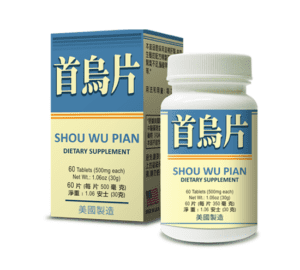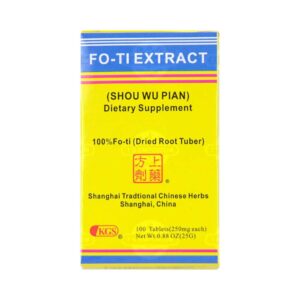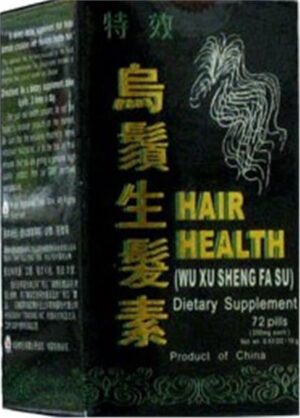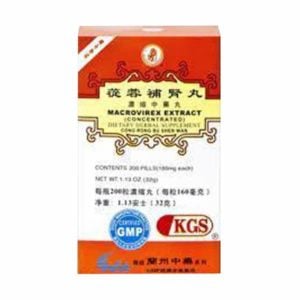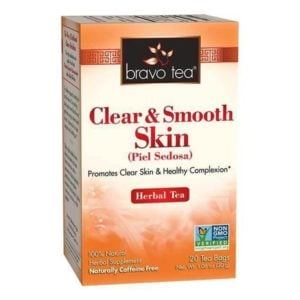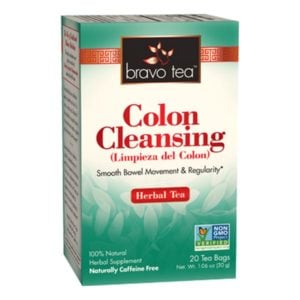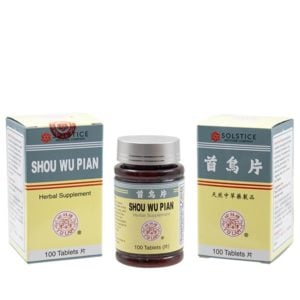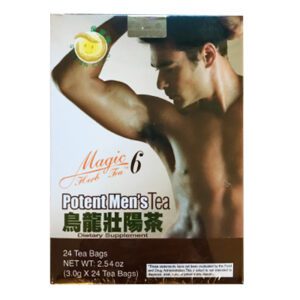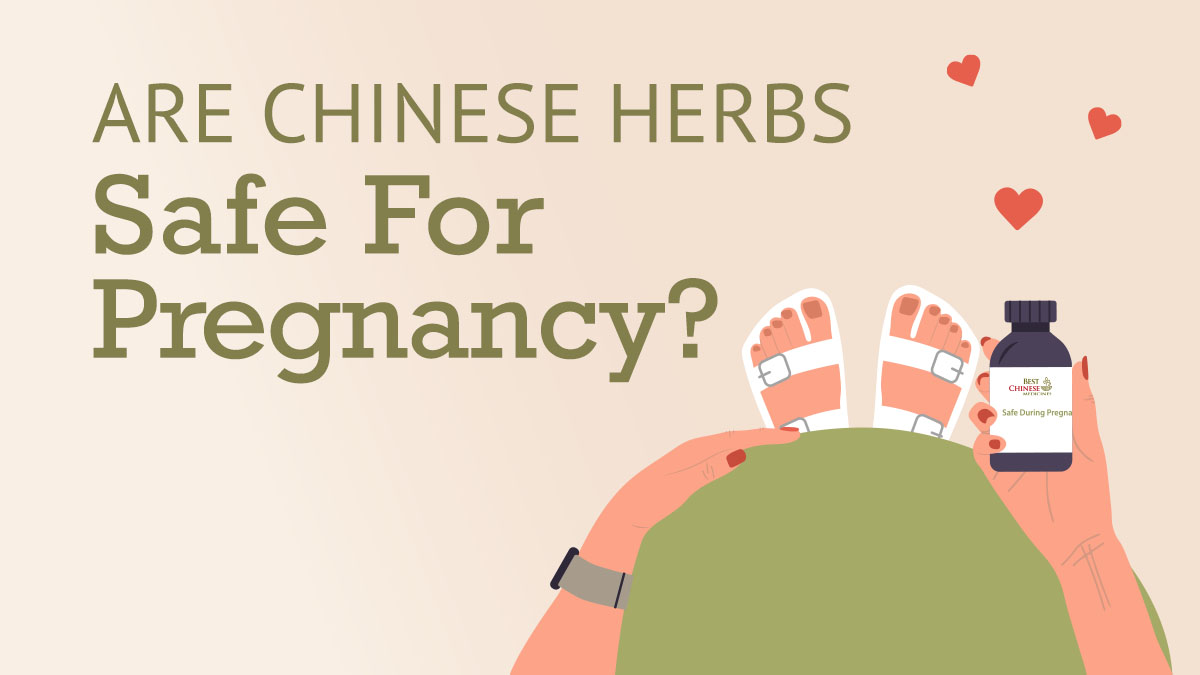Your cart is currently empty!
He Shou Wu
English Name: polygonum, fo-ti root, multiflower (Chinese) knotweed tuber
Literal Translation: “black-haired Mr. He”
Pharmaceutical Name: Radix Polygoni Multiflori
Medica Category: Blood-Tonifying Herbs
Properties: He Shou Wu enters the Kidney and Liver channels; it is sweet, bitter, and astringent in nature and slightly warm in temperature.
What is He Shou Wu?:
The Chinese Herb He Shou Wu is the dried tuber of the multiflowered (Chinese) knotweed (Polygonum multiflorum Thunb.), which is a perennial, twining vine that grows in the mountains and valleys in Henan, Hubei and Guangxi provinces in China. Literally translated as “black-haired Mr. He” (for the legendary fictional character who first used this plant to reverse the effects of aging), He Shou Wu has been used in China for at least two thousand years as a longevity tonic, and in modern times is commonly marketed to reverse graying hair and other signs of premature aging (a function that can be related to its TCM action of replenishing essence (jing)—see section below). The roots of Polygonum multiflorum are harvested in the autumn and can be left unprocessed or steamed for use as medicine.
Traditional Chinese Medicine (TCM) Therapeutic Actions of He Shou Wu:
He Shou Wu replenishes jing (essence) and tonifies the blood of the Liver and Kidney that may present as dizziness, vertigo, premature greying of the hair, blurred vision, and soreness of the lower back and knees. In its action to tonify Liver blood, it is useful to help regulate the menses and address abnormal uterine bleeding.
He Shou Wu (unprocessed) is cold in temperature and can be used topically or internally to clear heat-toxins and effectively address abscesses, scrofula, goiter (and other neck lumps), and other chronic, non-healing sores with ulceration pus. It also treats malarial disorders characterized by yin and blood deficiencies involving more heat signs than cold signs.
Furthermore, in its unprocessed form He Shou Wu moistens the intestines and induces bowel movements in cases when deficiency of body fluids and blood leads to dry stools and constipation.
–safety/clinical notes:
Use with caution in persons with Spleen deficiency, loose stools, or diarrhea.
Not suitable for use in persons with dampness and phlegm excess in their patterns of imbalance.
Do not store in metal containers; do not combine with Ci Shi (magnetite), Dai Zhe Shi (hematite), Yu Yu Liang (limonite), or Sheng Tie Luo (iron filings).
Products Containing Tag: He Shou Wu – Polygonum Root – Radix Polygoni Multiflori
-
Shou Wu Pian – by Lao Wei
Add to Cart$9.66
-
Shou Wu Pian (Fo-Ti Extract)
Add to CartStarting at $8.99
-
Wu Xu Sheng Fa Su Healthy Hair Supplement
Add to CartStarting at $6.99
-
Shou Wu Pian – Yu Lam Brand
Add to Cart$9.99
-
Sleep And Renew Tea – by Bravo Tea
Add to CartStarting at $6.99
-
Triple Immune Support – by Bravo Tea
Add to CartStarting at $6.99

